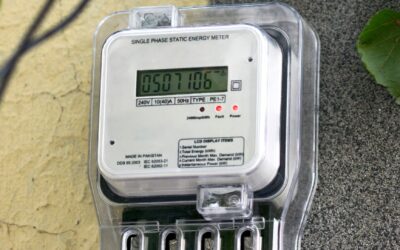Prohibitory Orders Clamped in Dhinkia Amid Rising Tension Over JSW Project

District administration imposes restrictions under Section 163 of BNSS to prevent clash between rival groups
Bhubaneswar : Amid renewed tension over the proposed JSW steel project in Dhinkia, the Jagatsinghpur district administration has imposed prohibitory orders under Section 163 of the Bharatiya Nagarik Suraksha Sanhita (BNSS) for one month. The restrictions have been enforced at the Dhinkia panchayat office field and Maa Phulkhai temple to prevent both pro- and anti-JSW groups from assembling at the disputed site.
Tensions Rekindled After Gram Sabha Resolution
The latest order comes after a gram sabha meeting was held recently in Dhinkia, led by panchayat sarpanch Pinki Das. Hundreds of villagers reportedly participated in the meeting, which passed a resolution to serve notices to both the state and central governments demanding the return of forest land acquired by JSW Steel. The villagers opposing the project allege that the land was handed over to the company in 2022 without proper consent from the gram sabha and that the acquisition process was facilitated through administrative and police pressure.
The land, spanning parts of Dhinkia panchayat, was allocated to JSW for setting up an integrated steel plant, cement manufacturing unit, and power project. However, the dispute over land rights, compensation, and consent has persisted for years, leading to periodic confrontations between supporters and opponents of the project.
Pro-JSW Group Calls for Industrial Growth and Jobs
Meanwhile, a separate group of villagers, led by local activist Sisira Mohapatra, has been advocating for the establishment of JSW’s project, arguing that it will bring long-term economic benefits to the region. The pro-JSW faction claims that the steel plant would generate employment opportunities for local youth, drive regional development, and enhance skill-based education in Jagatsinghpur district.
On Saturday, Mohapatra and his supporters met Jagatsinghpur Superintendent of Police (SP) Ankit Kumar Verma, urging the administration to take proactive measures to facilitate the industrial project’s implementation. The group also alleged misuse of power by the Dhinkia sarpanch and sought administrative intervention to ensure a fair process.
“JSW’s initiatives in technical training and local employment are already benefiting youth in nearby regions. The steel plant will strengthen the local economy and create thousands of jobs,” said Mohapatra after the meeting.
Administration Steps In to Prevent Escalation
In response to the escalating tensions, Jagatsinghpur sub-collector Prasant Kumar Tarai confirmed that prohibitory orders have been clamped in Dhinkia panchayat from October 27 to November 27. “The order aims to prevent any law and order disturbance and to restrain both groups from assembling or entering the disputed area,” Tarai said.
He added that the district administration has requested additional police deployment in the area to maintain peace and monitor the situation closely.
Abhyachandpur police station Inspector-in-Charge (IIC) Samir Kumar Rout also stated that police personnel have been stationed at key entry points to restrict gatherings at both the Dhinkia panchayat office field and Maa Phulkhai temple. “We are taking preventive measures to ensure that no untoward incident takes place,” Rout said.
A Continuing Flashpoint in Odisha’s Industrial Expansion
Dhinkia has long been a focal point of industrial conflict in Odisha, tracing back to the earlier opposition to the proposed POSCO steel project, which was eventually withdrawn. The area’s contentious history of land acquisition, environmental concerns, and competing visions of development continues to challenge the balance between industrial growth and local livelihoods.
With the state government pushing for rapid industrialization and private investment, the JSW project remains central to Odisha’s economic agenda. However, until the differences between the two factions in Dhinkia are resolved through dialogue and trust-building, the site is likely to remain a flashpoint in the state’s industrial narrative.









